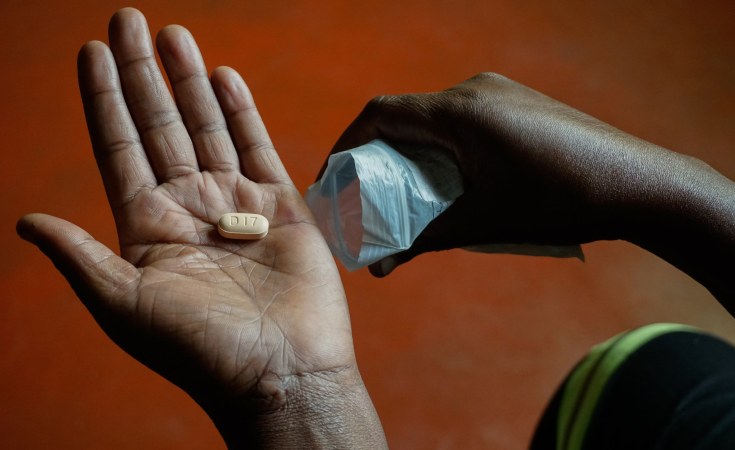Kunda (not real name), a young woman living with HIV, had a job opportunity outside of Rwanda. However, her HIV-positive status worked against her in the process, causing her to miss out on the job.
She made the poignant revelation during a meeting with her peers on March 22, explaining how it affected her. She said she knows more colleagues who have been subjected to almost similar undesirable treatment when it comes to working abroad.
ALSO READ: Rwanda should consider manufacturing ARVs -- expert
Kunda is one of the more than 160,000 Rwandans affiliated with the Rwanda Network of People Living with HIV/AIDS (RPP+), a national umbrella of organisations for people living with HIV.
The prevalence of HIV in Rwanda is at three per cent, meaning that about 400,000 people are living with the disease in the country. The introduction of improved medications has rendered the disease non-fatal as long as individuals adhere to their treatment. This, in no small way, has reduced the stigma surrounding the disease. However, there are some instances where stigma is noticeable, and these include migration processes for employment and study purposes.
"The young woman who spoke about how she missed out on the international market subscribes to one of the organisations under RPP+. That means the problem (of stigma) is not finished yet," said Deo Mutambuka, RPP+'s Executive Secretary.
ALSO READ: Rwanda among top countries in HIV/AIDS management
"If some time back we were hearing about people failing to access loans because of their status, would her case come as a surprise? But I think with time this will change," he noted.
For Mutambuka, it is not only such migration processes that should change but there is also a need to approach the problem from a broader angle by involving more stakeholders in the public and private sectors.
"The embassies should play a big role in changing their countries' laws related to health because if such don't change, the problem will always come back. But it is not only embassies; more actors should be engaged," he noted.
A study by Rwanda Biomedical Centre and RPP+ between 2019 and 2020 showed a decrease in HIV-related stigma and discrimination in Rwanda for 10 years (2009-2020). However, it showed that the knowledge of people living with HIV on laws and policies that protect them was still low.
The findings also showed that the fear of people living with HIV to disclose their status to others was still prevalent, especially among young people, women, and key populations that are at higher risk of HIV.
The study used various methodologies including focus group discussions, interviews, and questionnaires with people living with HIV. The general HIV stigma index in Rwanda was very low (Index 15).


